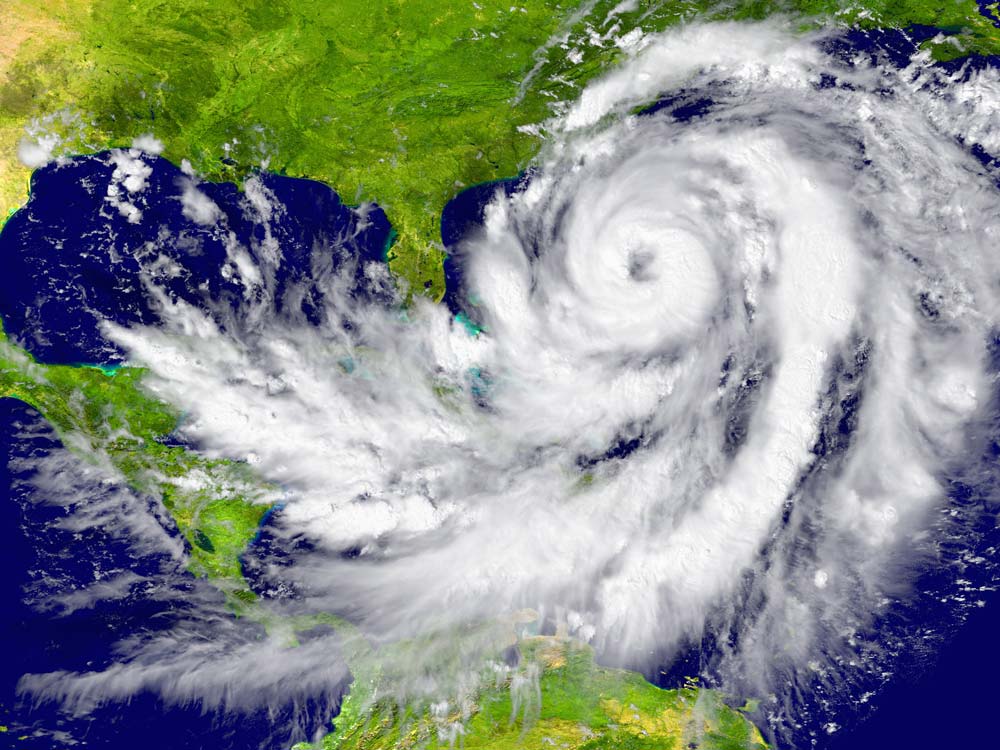The legal considerations for the new rules of crisis management

Do you recall the frustration of trying to manage a crisis when you were being told by legal that the only acceptable public response was, ‘No comment’?
That might have been good legal strategy – but it was often a disaster as a way to protect the organization’s reputation and rebuild trust with stakeholders.
Now, in the age of digital and social media, the need to regain control of a crisis with your own story and messages has never been greater.
‘No comment’ really is dead as a strategy.
In addition, there are legal issues which are new or accentuated in the digital age.
It’s never been more important for the communication and legal teams to work well together.
As a guide to making that partnership work, former criminal prosecutor and now communications consultant, Robert Windon, examines the legal considerations for digital age crisis communications in RockDove’s newly published eBook, ‘The New Rules of Crisis Management’.
Robert highlights five key legal areas that communicators must understand when managing issues and crises.
- Social media implications during a trial
It’s crucial to consider how any communication could be discoverable in a lawsuit. This applies to tweets and blog posts, just as much as it still applies to a press release, internal memo or email. President Trump discovered this when his tweets were one of the reasons a court struck down his original travel ban.
- Timing of disclosure
A crisis team has two very important decisions to make quickly – what message should be pushed out and when. You may recall that Equifax last year discovered its massive data breach in late July but did not publicly disclose it until September. The delay only added to the mountain of lawsuits that Equifax subsequently faced. Nothing in the law dictates a timespan for such a disclosure, but there are considerations such as duty of care and industry regulations.
- Accuracy of statements
Even with the need for speed in modern crisis response, you still have to ensure accuracy in your organization’s messages. In 2015, Kanye West tweeted that his new album, ‘Life of Pedro’, would only be available on the paid music streaming service, Tidal. When the album was later released on many other places, he found himself facing lawsuits from people who had only joined Tidal to gain access to his new music.
- Digital media’s reach beyond borders
Digital media allows content to be seen just about anywhere in the world. This can accidentally bring you into the legal jurisdiction of another country. In January 2011, a professor at NYU, Joseph Weiler, stood trial for criminal libel in France due to a book he published in the US. Even if your organization only operates in the US, your tweets, posts and other content will reach other parts of the world, not all of which are supportive of free speech.
- Attorney-client privilege
Violating attorney-client privilege is one of the most damaging mistakes an organization could make during litigation as it may compromise or make public highly sensitive information. The collaboration of the crisis communication and legal teams can raise the risk. Extreme caution must be applied to the exercising of privilege. A crisis communication team is not automatically covered and nor is a lawyer just because they are part of the crisis team. However, communication with non-legal professionals may be protected when the retention of those professionals is to give advice that assists the attorneys. A crisis plan must be structured at the outset to ensure it extends privilege and the team must understand how to protect privilege.
Read more about Robert’s analysis of the legal considerations of the new crisis rules by getting your free copy of the ebook today.










